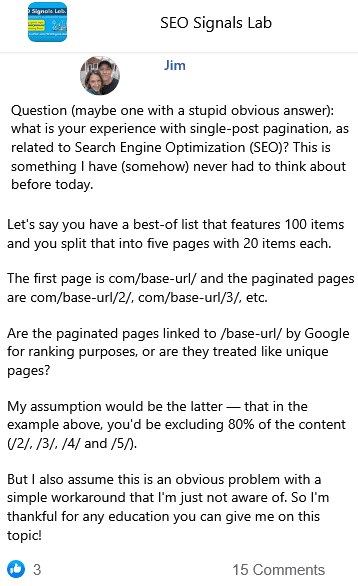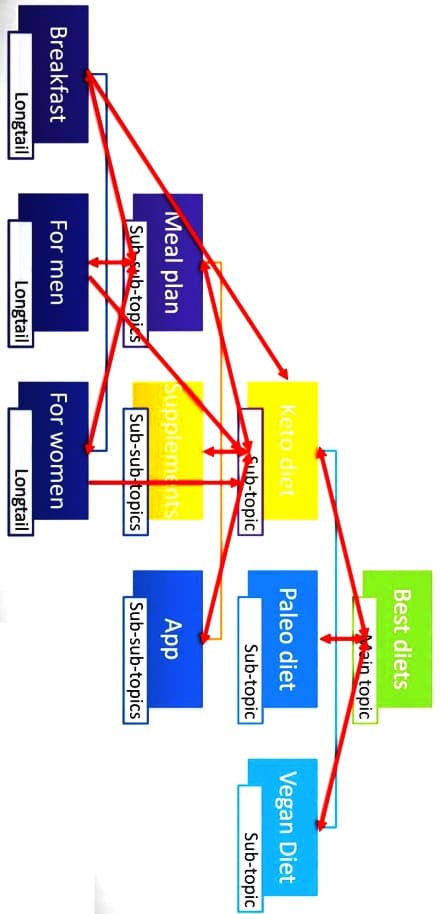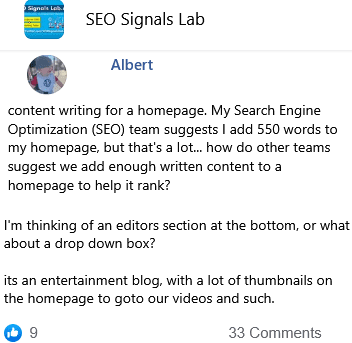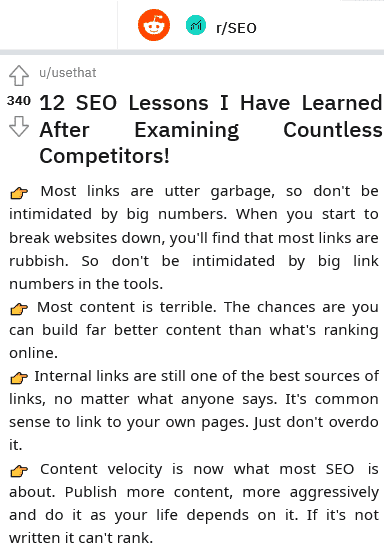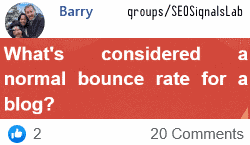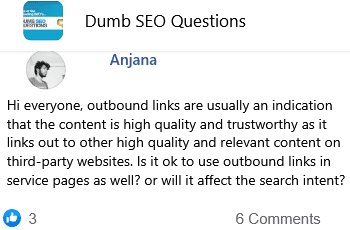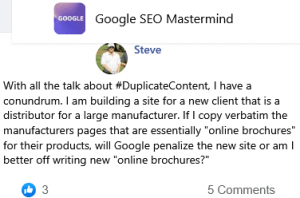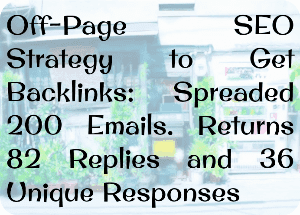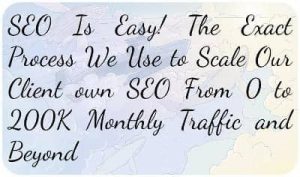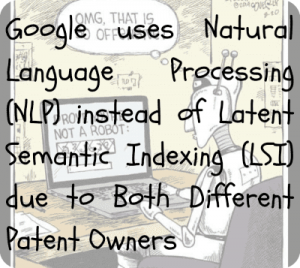Question (maybe one with a stupid obvious answer): what is your experience with single-post pagination, as related to Search Engine Optimization (SEO)? This is something I have (somehow) never had to think about before today.
Let's say you have a best-of list that features 100 items and you split that into five pages with 20 items each.
The first page is com/base-url/ and the paginated pages are com/base-url/2/, com/base-url/3/, etc.
Are the paginated pages linked to /base-url/ by Google for ranking purposes, or are they treated like unique pages?
My assumption would be the latter — that in the example above, you'd be excluding 80% of the content (/2/, /3/, /4/ and /5/).
But I also assume this is an obvious problem with a simple workaround that I'm just not aware of. So I'm thankful for any education you can give me on this topic!
3 👍🏽315 💬🗨
📰👈
I used to do this quite a lot. The search engines can treat them both ways because each page contains its own unique content but they understand the pagination (when the links are consistent across all pages).
So it's a way of expanding your optimization targets while maintaining a coherent structure across several pages.
Whether you should do it depends on what you want to accomplish. But it's not going to improve or break SEO simply because you do it.
Thanks. What I'm failing to grasp is how Google knows these five pages are all part of a single article.
So in other words, let's say my article is: "The 100 Best Songs About Monkeys."
I need to be sure that all the content on /2/, /3/ and /4/ is considered *part of* /article-base-url/ — otherwise, the article might be seen be Google as less complete and authoritative than competing articles that all have 100 list items and do not use pagination.
I.e., are these paginated sections definitely viewed as part of the single entity? And if so, how does the algo know to treat these paginated sections differently than permalinks under a category or tag?
Micha » Jim
They don't always know. It depends on how you paginate the navigation.
I usually put a row of links at the top or bottom of each page (sometimes both places). I also remove the link for the current page.
That's an old static HTML trick but it still works today even in WordPress and other fancy cms dooddads.
Truslow 🎓
The proper way to do it in HTML is to use the rel=first,prev,next,last tags in your header.
Now… Google has said that they don't use that anymore and that they have "other ways of determining this" but it doesn't mean that you should stop following proper web standards just because Google says it's not a ranking factor.https://ahrefs.com/blog/rel-prev-next-pagination/
Google actually seems to prefer a "Paginated" and then also a "See All On One Page" option. While this is a decade old now… it still encompasses everything I've read recently on the subject.https://developers.google.com/search/blog/2011/09/view-all-in-search-results
Note: Your page navigation links at the bottom should have rel= attributes in the anchors, too.
At the end of the day, Google is kinda sketchy about this right now – and I'm not sure why. But they have said "We have other ways of figuring this out." So… whatever that means, if you are doing it properly and following the proper web standards (whether they are SEO or not) you stand the best chance of sending the most clear and accurate signal to Google from which it can "figure it out."AHREFS.COM
SEO users Are Breaking Pagination After Google Changed Rel=Prev/Next: Here's How to Get It Right
Thanks for this reply, and thanks for the resources. I appreciate it!
Allen » Truslow
Also IIRC Bing says they still use the canonical/pagination stuff Google claims they don't need anymore
Truslow 🎓
Yep. And, unless someone has said something recently… JohnMu is the only one saying that they don't use it at all. Danny and the rest of the heads have used the carefully crafted term "depreciated the need to do that." Which doesn't preclude them from using it.
Jim ✍️
When they talk about pagination though, I don't really think they're talking about single-post pagination; it's usually discussed in the context of stuff like product lists, category and tag archives — situations where there's a lot of similar content. From a ranking perspective, I think that's very different than the question of whether splitting up an article means the split pages are excluded from consideration when the algo evaluates the base URL for ranking.
E.g., if you've got a list of 100 "best of" items, that's probably more authoritative than a list of 20. Making sure that all that content is considered part of a singular entity is different than signaling relationships in the context of an archive or duplicate content.
Truslow 🎓
The web standards for pagination are the web standards for pagination. <shrug> It's the right thing to do in either scenario.
Jim ✍️ » Truslow
No disagreement from me there. I'm just not sure whether that standard addresses the same problem I'm outlining.
Truslow 🎓
It does. Pagination is pagination.
Jim ✍️ » Truslow
So in your view, proper tagging ensures that all of the linked content is viewed as a single entity for the purposes of ranking the base URL?
I.e., when Google considers what articles should rank for "Best Songs About Monkeys," it looks at /3/, /4/ and /5/ and considers that content to be PART OF the same article as /base-url/ when determining completeness and authoritativeness?
I sincerely hope the answer is "yes," because that will make my life a lot easier. But that doesn't seem to be what the standard is meant for, or how it applies to things like product pages and archives.
Truslow 🎓
I'm not sure it would be a single entity – I mean… it would be an article with multiple parts. So yeah… your article schema could define it as a single article with pagination to ensure it's treated as such.
https://schema.org/ArticleArticle – Schema.org Type
Jim ✍️ » Truslow
Oh, that's a helpful idea. I wasn't aware that was a definable trait. Thanks.
📰👈
Should Categories and Tags Not Be Indexed, some are Long like Article Slugs and Meaningless?
